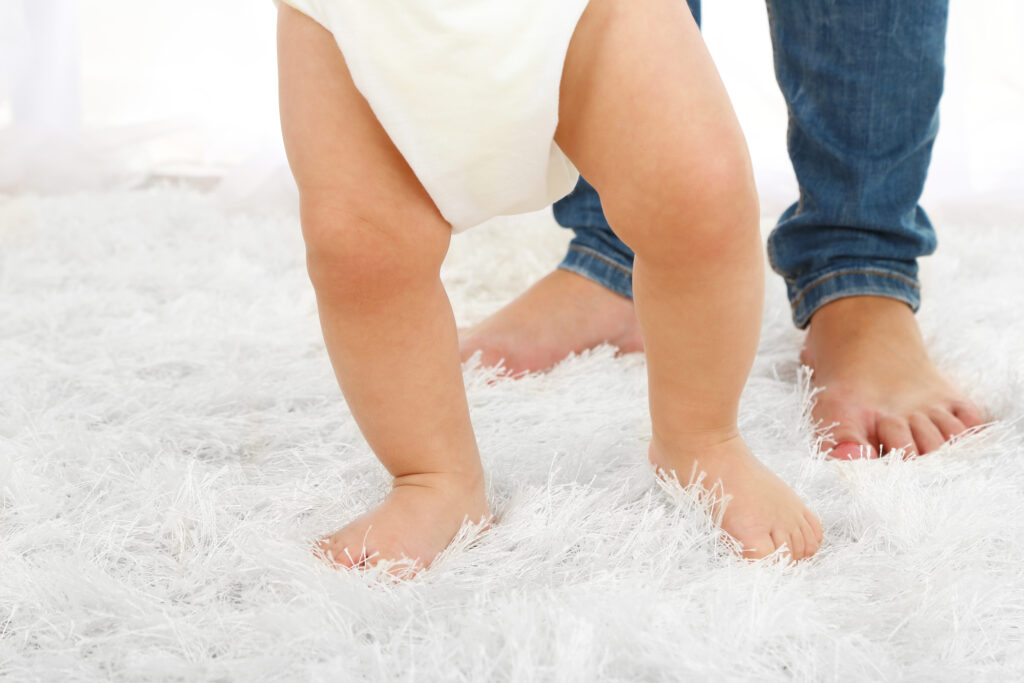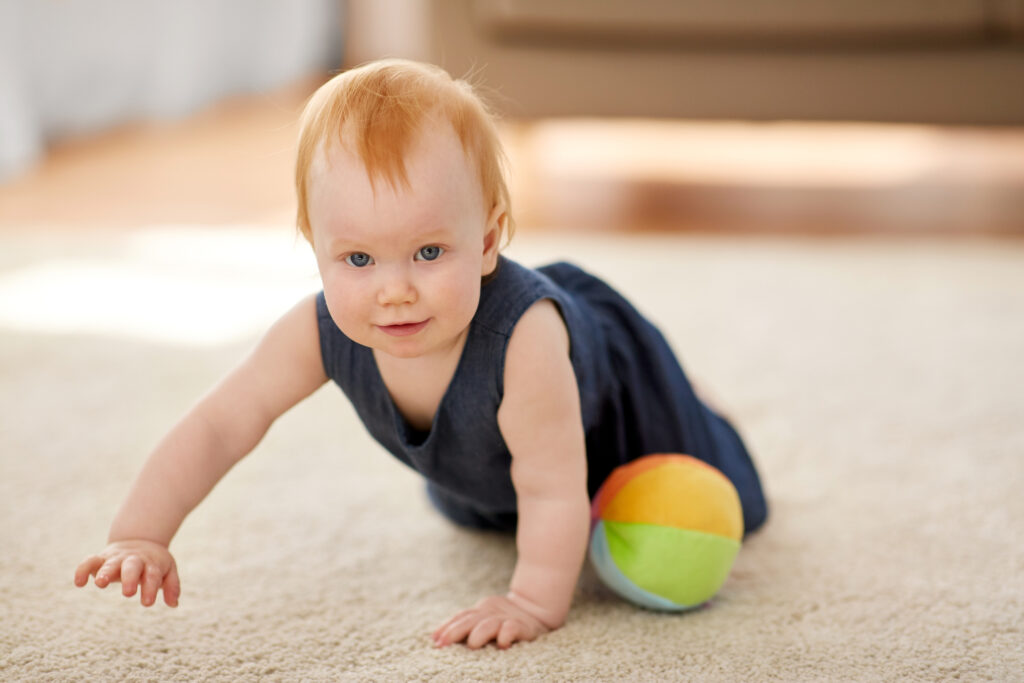What are gross motor skills?
Gross motor skills are those that involve using whole-body movements to move or make a physical movement. These include crawling, walking, running, climbing, lifting, and throwing amongst others. Gross motor activities involve using the larger muscles of the arms, legs, and torso.
What is gross motor delay and how do I identify it in my child?
As infants and children develop, there are several gross motor skill milestones that they are expected to reach according to their age. Any delay in reaching these milestones might constitute a gross motor delay in terms of their physical development.
Children develop at different rates in all areas of their development. A slight delay in meeting specific developmental milestones is not usually a cause for concern. However consistent, continual delays in reaching gross motor milestones might be a sign of a more serious issue.
In general, there are some broader signs of physical development delay in an infant, regardless of their ability or not to make specific milestones. These signs in themselves are enough to suggest a delay and a need for further assessment and evaluation:
- Floppy, loose limbs and trunk
- Stiff arms and legs
- Limited ability to move arms and legs
- An infant who is unable to sit unassisted by 9 months old
- Involuntary reflexes are more common than voluntary movements controlled by the child
- An infant who is unable to stand up by 12 months old

What are the causes of gross motor delay?
In some cases, a physical delay may simply be the result of a lack of physical stimulation, and increased exposure to activities that develop gross motor skills may help with the delay.
In some cases, the delay may be a symptom of a rare disease or genetic syndrome such as Down’s syndrome. In this instance, a diagnosis of a delay may be followed by a recommendation for genetic analysis and testing.
In other instances, it may be the sign of a health or medical condition affecting a child’s physical development. Cerebral palsy, for example, may present with gross motor delay. A child born prematurely might also experience delays in reaching gross motor milestones.
Autism can also affect a child’s gross motor skills development and cause a delay in meeting certain milestones related to their physical development.
What do I do if I suspect gross motor delay in my child?
The first step is to consult with a medical professional. This can be your primary care doctor or a medical professional at a well-child or family clinic. Assessment may take the form of asking your child to perform age-appropriate gross motor activities and detailed questioning about what gross motor skills they have and have not mastered. Early intervention is essential in helping children with a delay.



